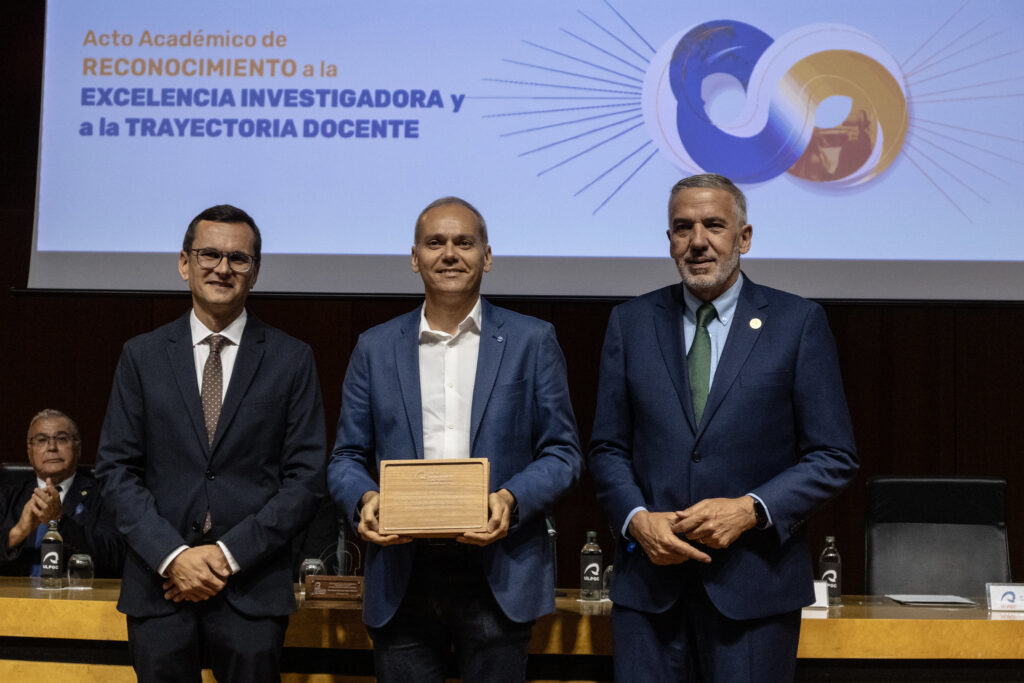IUMA Microelectronics Technology Research Group Recognised for Scientific Excellence
The Microelectronics Technology Research Group (G-TME) of the Institute for Applied Microelectronics (IUMA) has been awarded a prize for scientific productivity in the category of Engineering and Architecture. This award underlines the outstanding contribution of the G-TME to research and development in the field of microelectronics.
This recognition, based on the criteria established by the Resolution of the Rector of the ULPGC of 21 December 2023, is based on the analysis of the scientific productivity of the group, evaluating aspects such as the number of six-year research periods and significant contributions in the form of publications and patents.
Among G-TME's most notable achievements are advances in Monolithic Microwave Integrated Circuits (MMICs) and Radio Frequency Integrated Circuits (RFICs), designed for various wireless communications standards and technologies such as CMOS, SiGe, GaAs, and GaN, as well as in the thermal characterisation of integrated devices. These circuits are applied in critical systems including Global Positioning System (GPS), local multipoint distribution services (LMDS/MMDS), wireless local area networks (WiFi), sensor networks for the internet of things (IoT), digital terrestrial and satellite television (DVB-H and DVB-SH), radio frequency identification systems (RFID), and satellite communication systems (SATCOM).
In recent years, the group has spearheaded a number of innovative projects funded by both public entities and private companies, thus reinforcing its leadership in the technology industry and its contribution to progress in microelectronics engineering.
Among the most important publicly funded projects are the following:
- Exploring Modern Integrated Circuits Design in Harsh Environments (eMIDHE).
- Design of gallium nitride integrated power amplifiers for communications (GaNTECH).
- Integrated circuits for phased array antennas for base stations for LEO constellations (IN-PHASE).
In terms of private funding, the most significant recent projects include:
- Study of beamformer architectures for next generation LEO satellite constellations.
- Development of electronic circuits based on customised MMICs for beamforming in advanced radar and communications systems.
- Development of a multifunction integrated circuit to reduce costs and environmental impact and improve the efficiency of satellite communications.
- Design of a GaN MMIC power amplifier in the 17.3-18.4 GHz band.
The recognition of G-TME reflects the constant effort and dedication of its team, whose work not only seeks scientific and technological progress, but also the development of solutions with a tangible impact on society.

Image source: ULPGC Archive